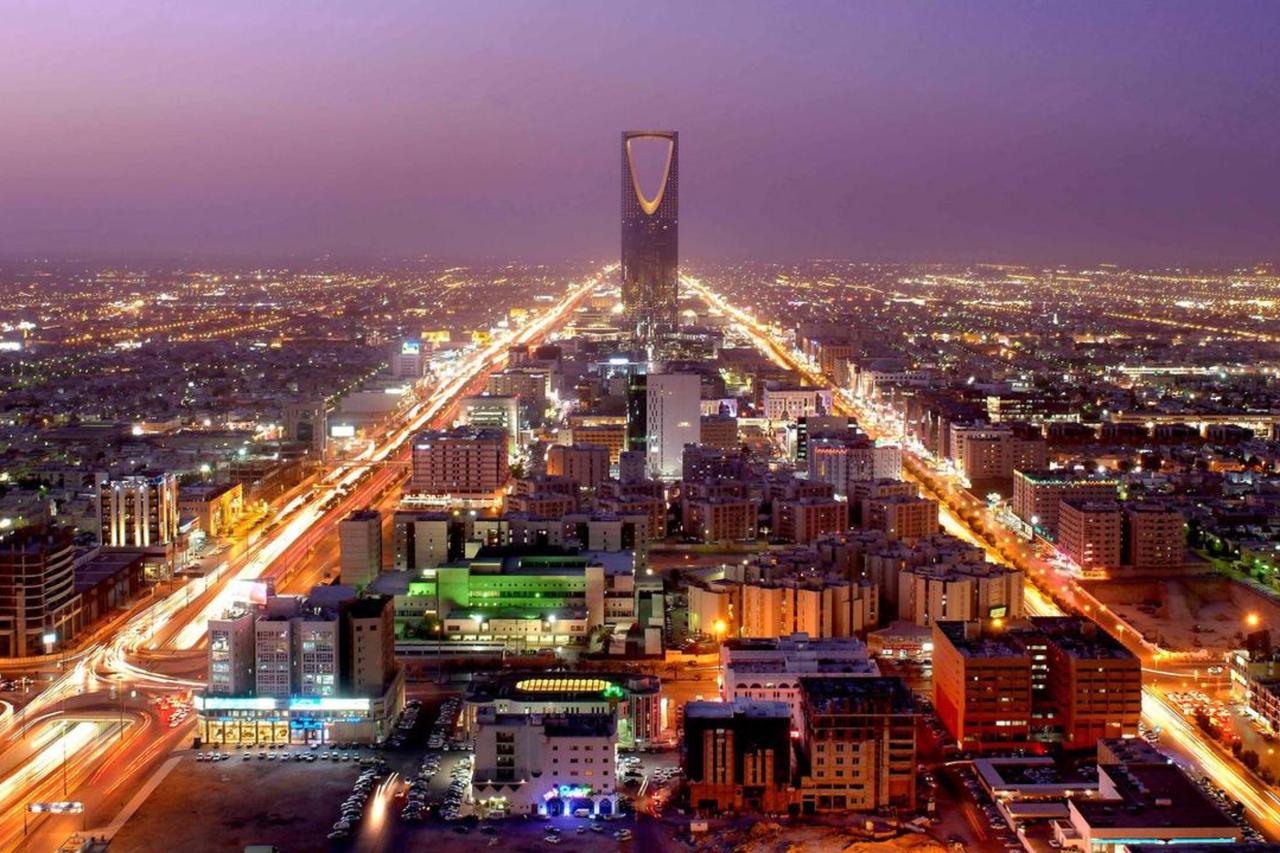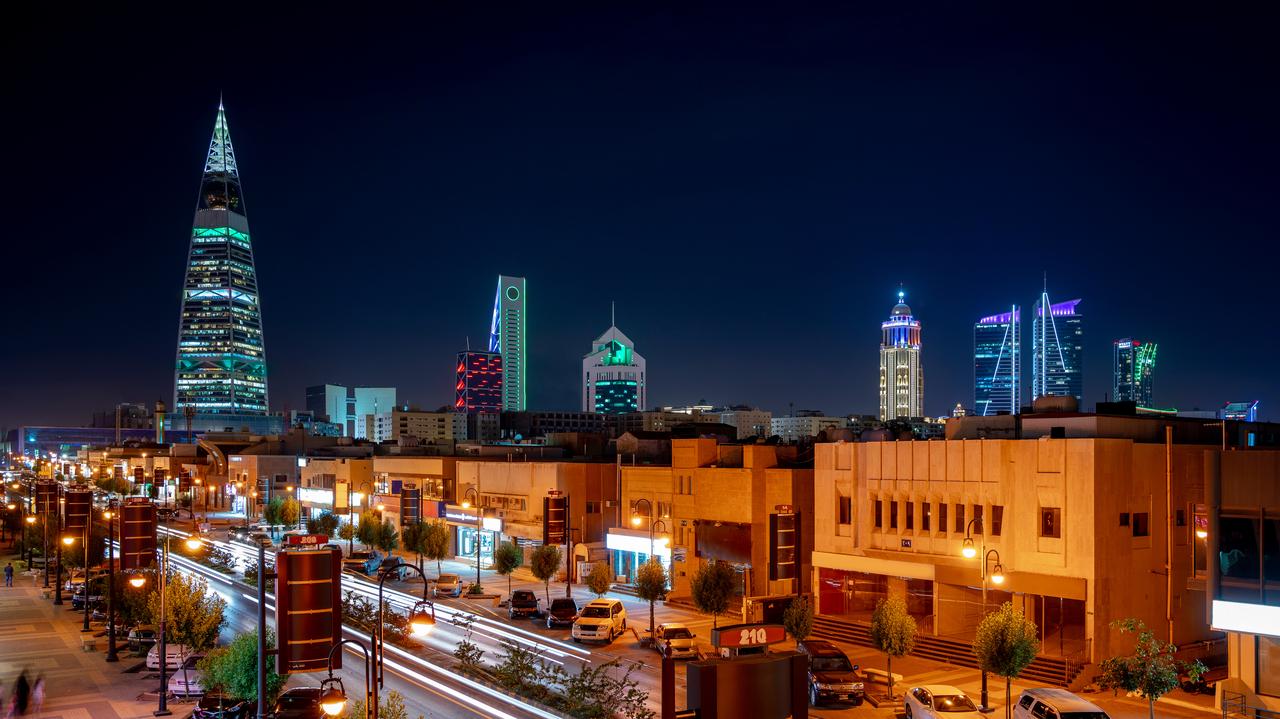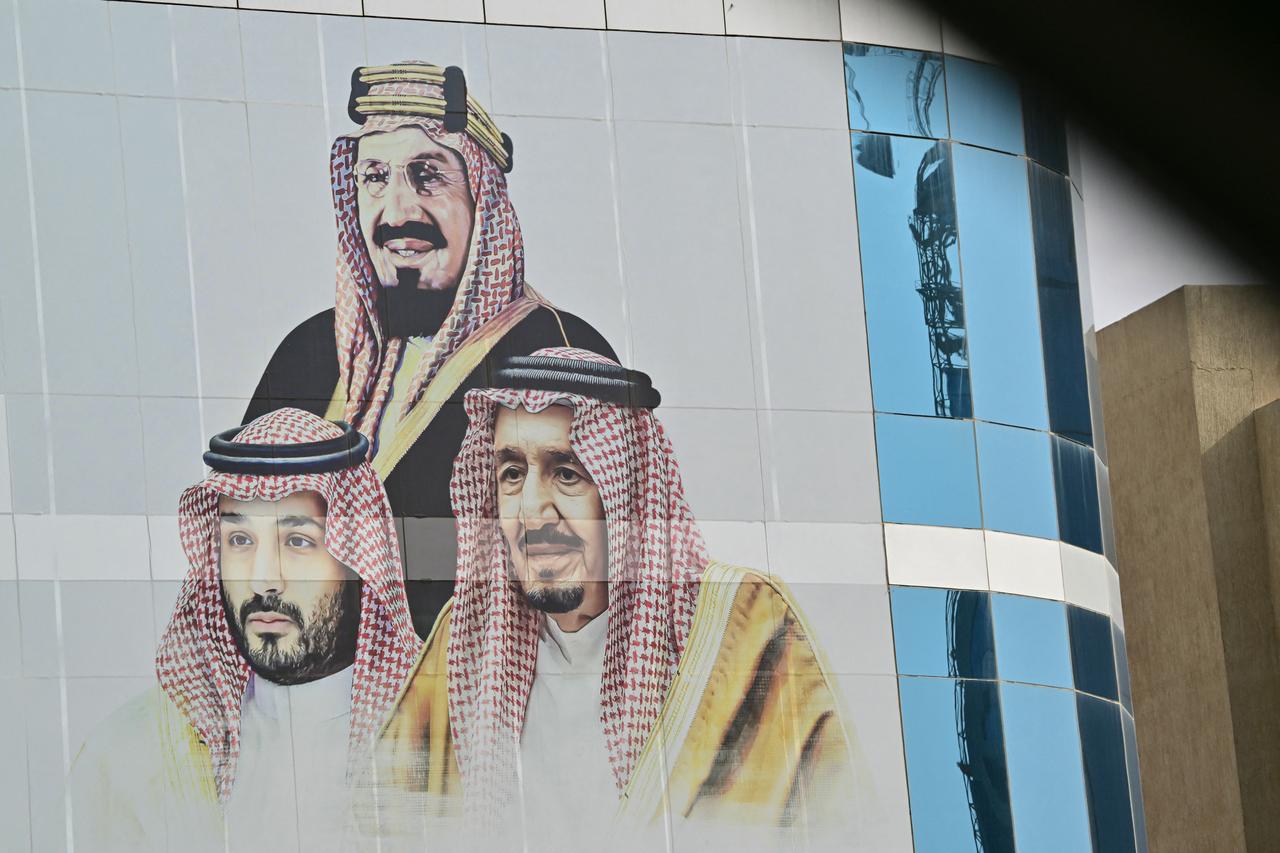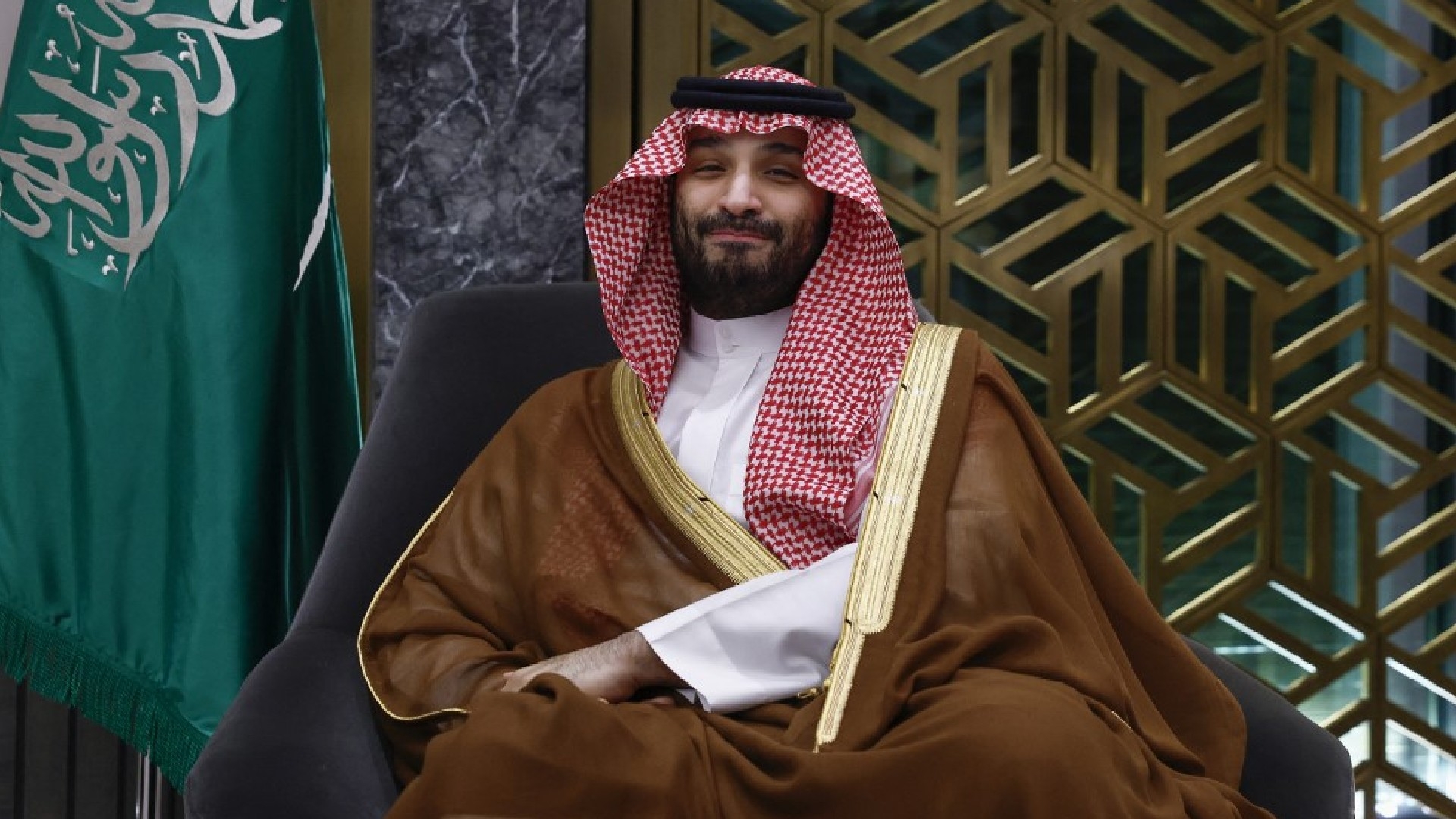
Saudi Arabia is making substantial efforts to reshape its economy and international position. The Kingdom is contemplating removing the old ban on foreign ownership of property, a move that would see a restructuring of the real estate sector, economic diversification, and improvement of Saudi Arabia as a regional and global center.
The policy change aligns with Saudi Vision 2030, which seeks to minimize dependence of the Saudi economy on oil and realize a more diverse and open economy. The decision, however, begs the question of its possible implications on Saudi culture, economy, and the outlook of the real estate market of the Kingdom.
Saudi Arabia has, over the decades, controlled the ownership of property by foreigners, except for a few exceptions extended to foreigners who are major players within strategic projects. This policy has restricted the real estate sector by only allowing Saudi nationals to invest in it. A change has, however, been witnessed in recent times whereby there is a move toward accepting foreign investments concerning property as the Kingdom has larger economic interests.

The introduction of Vision 2030 by Crown Prince Mohammed bin Salman emphasizes diversification and economic transformation. Lifting the foreign property ownership ban is a part of this vision, aiming to attract international investors and foster a more globalized economy. The Kingdom’s goal is to move away from oil dependence and establish itself as a vibrant, modern, and diversified economy.
In this context, Saudi Arabia may be seeking to emulate the success of Dubai, which has become a prime destination for global investment, real estate, and tourism. Dubai’s relaxed property ownership rules for foreigners have significantly contributed to its rapid urbanization, increased foreign investments, and global recognition as a leading business and tourism hub. Saudi Arabia's move to end the ban reflects its ambition to achieve similar success by creating an attractive environment for international investors.
Opening up to foreign owners of property should yield an immediate and straightforward effect on the real estate business in Saudi Arabia. Through liberalization, the Kingdom would be able to invite foreign investments, especially in the fast-growing industries, including finance, technology, and hospitality. The resulting investments are bound to lead to a construction, development, and new residential/ commercial, as well as luxury property building boom.

Saudi Arabia’s large-scale projects, such as the development of NEOM and the Red Sea Project, would greatly benefit from increased foreign interest. These ventures, which aim to create futuristic cities and expand tourism infrastructure, require vast investments in real estate and infrastructure development. Foreign property ownership could provide a much-needed boost to these projects, helping to meet the growing demand for housing and commercial spaces in key urban areas.
International investors, such as corporations, developers, and individual investors, are set to flood the real estate business. This may result in an expansion of luxury real estate projects, which may provide luxury residential homes, office, and resort properties. The rich cultural heritage and abundance of natural beauty mean that Saudi Arabia can situate itself as a leading location for foreign property investment.
A sharp increase in foreign investments may lead to a rise in property prices, which in turn means that Saudi nationals may find it hard to afford a house. The government will have to consider the needs to make sure that local citizens do not get priced out of the market, and balance the interests of foreign investors and Saudi citizens. Such a controlled system will be necessary to provide affordable housing to local people.
While the economic benefits are clear, the cultural implications of opening the property market to foreigners are more complex. Saudi Arabia has a deep-rooted cultural identity, shaped by Islamic traditions and its distinct social norms. The potential influx of foreign property owners and expatriates could influence the social fabric of the Kingdom, especially in urban areas like Riyadh, Jeddah, and the developing NEOM region.

Among the numerous changes in the culture, one may consider a broadening of lifestyles, practices, and values. New forms of living, working, and socializing may be introduced by foreign owners of properties, especially those from the Middle East or the West. This may cause further cultural diversification of Saudi Arabia's urban cities, more so in the business and tourist sectors, where expatriates are already present in large numbers.
Such diversification could also lead to resistance from more conservative groups within Saudi society. The social structure of Saudi Arabia has always been very cohesive, and the Islamic traditions are immensely valued in the country; the introduction of foreign elements might be viewed as a threat to these values. It is this transition that the government will have to be meticulous about, delicately balancing the influence of foreign countries within the boundaries of the cultural and religious heritage.
There may also be concerns about the impact of foreign property ownership on the housing market. As demand from foreign buyers increases, property prices could rise, potentially making homeownership out of reach for many Saudi citizens. This could create a divide between local property owners and expatriates, highlighting the need for policies that ensure local communities benefit from the influx of foreign investments.
Lifting restrictions on foreign ownership may also boost Saudi Arabia's geopolitical power Arabia. With the government striving to diversify the economy and better integrate into the world market, this move stands a chance of boosting the country to become a regional and international corporate powerhouse, with foreign investments being made in parts of the real estate market. International companies, businesses, and industries would more likely be imported into the Kingdom by overseas property owners, and these moves would enhance the economic and financial status of the Kingdom.
The move to lift the ban on foreign property ownership has the potential to boost economic development, but Saudi Arabia must navigate several challenges. Among these concerns is the risk of speculative investments, which can increase the property price beyond what locals can afford. The government needs to curb these risks by taking measures to stabilize the housing market and make it affordable for Saudi citizens.
Saudi Arabia’s potential moves to end its ban on foreign property ownership mark a transformative shift in the Kingdom’s approach to economic diversification and global integration. The change could fuel growth in the real estate sector, attract international investments, and strengthen the country’s position on the global stage. However, it will also require careful management of cultural dynamics and economic policies to ensure that both foreign investors and Saudi citizens benefit from this new phase of development. As the Kingdom moves toward a more diversified and open future, this policy change could be a key milestone in shaping Saudi Arabia’s next chapter.